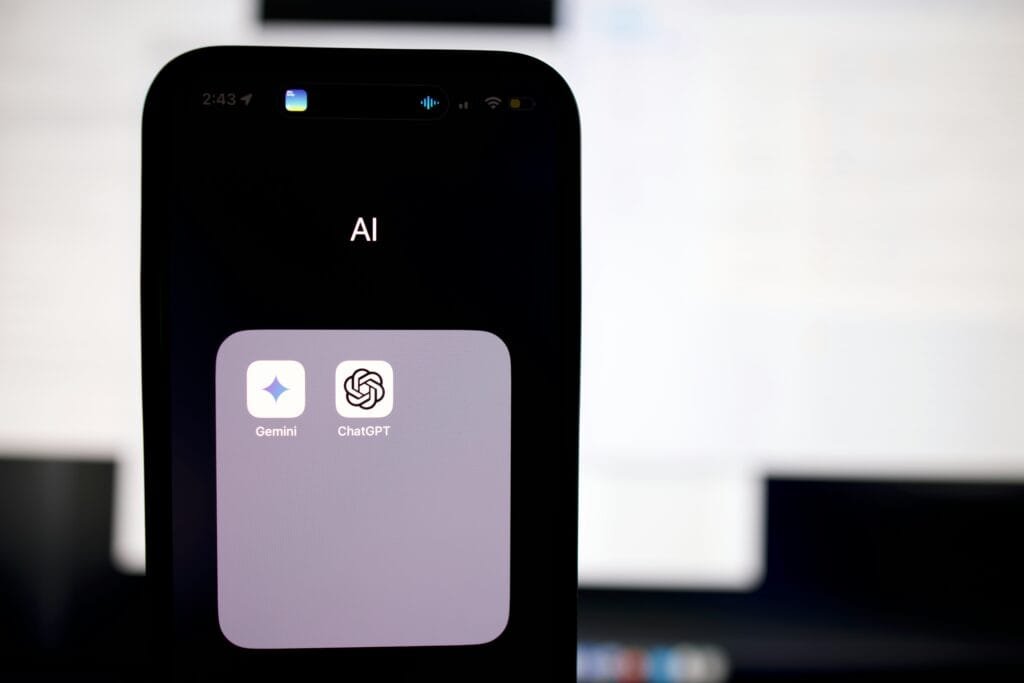The financial industry is undergoing a revolutionary transformation with the integration of artificial intelligence (AI) into credit scoring systems. Traditionally, credit scores have been calculated based on limited datasets, such as payment history, credit utilization, and length of credit history. While effective to some extent, these methods often excluded individuals without a conventional credit profile. Enter AI-driven credit scoring—a modern solution offering greater inclusivity, precision, and fairness in evaluating creditworthiness.
The Role of AI in Credit Scoring

AI revolutionizes credit scoring by analyzing alternative data sources beyond what traditional models use. These can include rental payments, utility bills, subscription services, and even behavioral data like online spending habits. By leveraging machine learning, AI evaluates these data points to form a more comprehensive picture of an individual’s financial health. For example, platforms like Experian and FICO have incorporated AI to improve their scoring algorithms, making them more predictive and adaptive to diverse financial situations.
AI also helps reduce biases in credit scoring. Traditional models often penalize individuals from underrepresented or underserved communities due to systemic inequities. Machine learning algorithms, when designed correctly, minimize this bias by focusing on objective data trends rather than outdated criteria. This development ensures that more people, particularly those without traditional credit histories, gain access to financial products like loans and credit cards.
Benefits for Consumers and Institutions
For consumers, AI-driven credit scores provide transparency and control. Many fintech companies now offer real-time credit monitoring and actionable insights to help users improve their scores. For instance, AI-powered apps can detect potential errors in credit reports and recommend specific actions to fix them. This democratizes financial literacy and empowers individuals to take charge of their credit health.
Financial institutions also stand to benefit immensely. AI enhances risk assessment by identifying patterns in borrower behavior that traditional systems might overlook. This allows banks and lenders to offer better-targeted products while minimizing default rates. Companies like Upstart have embraced AI models, setting industry standards in efficient and fair credit decision-making.
The Future of Credit Scoring
As AI continues to evolve, its role in credit scoring will likely expand. We can expect increasingly personalized financial services, improved fraud detection, and broader access to credit for underserved populations. By adopting AI, the credit industry is not only modernizing but also fostering financial inclusion on a global scale.
Discover more groundbreaking fintech innovations in our article, The Role of AI in Personal Finance Apps, and see how technology is reshaping the financial industry.



